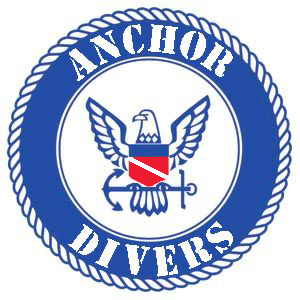Self-Reliant Diver
Diving with a buddy or in a group can be fun and enjoyable. There are lots of things to see under the water and you can share your experiences with your buddies at the surface. However, there may come a time when you're traveling alone and don't have a buddy. You get paired up with someone on a boat that you don't know and have no idea of their experience. Photographers and videographers often get frustrated by their dive buddy because they want to focus on what they're doing. These are just a few reasons why diving solo can work for you. It's not for everyone so make sure you really want accept the responsibility of being a Self-Reliant Diver.
What Will I Learn?
The purpose of the Self-Reliant Diver specialty course is to recognize and accept the role of the buddy system and its contributions to diver safety while identifying and developing self-reliance and independence while diving. There are two reasons for an experienced diver to take the Self-Reliant diver course:
- - To develop the skills of planning and carrying out dives without a partner when preferred or necessary
- - To sharpen skills of diving self-reliance, making the diver a stronger partner in a dive pair or team
This course covers when diving alone may be applicable, and the need to compensate for those situations, including dive planning, life support system readiness, adaptive training, equipment and responsibility. This course is an introduction to self-reliant diving that helps student divers develop the skills, knowledge and techniques necessary to rely on themselves first, whether or not they are diving with a partner, including:
- - The value and application of the buddy system
- - The philosophy of, and motivation for, diving without a partner
- - Potential risks of diving alone, and how to manage those risks
- - The value of equipment redundancy and what back-up equipment is needed
- - Dive planning and gas management
